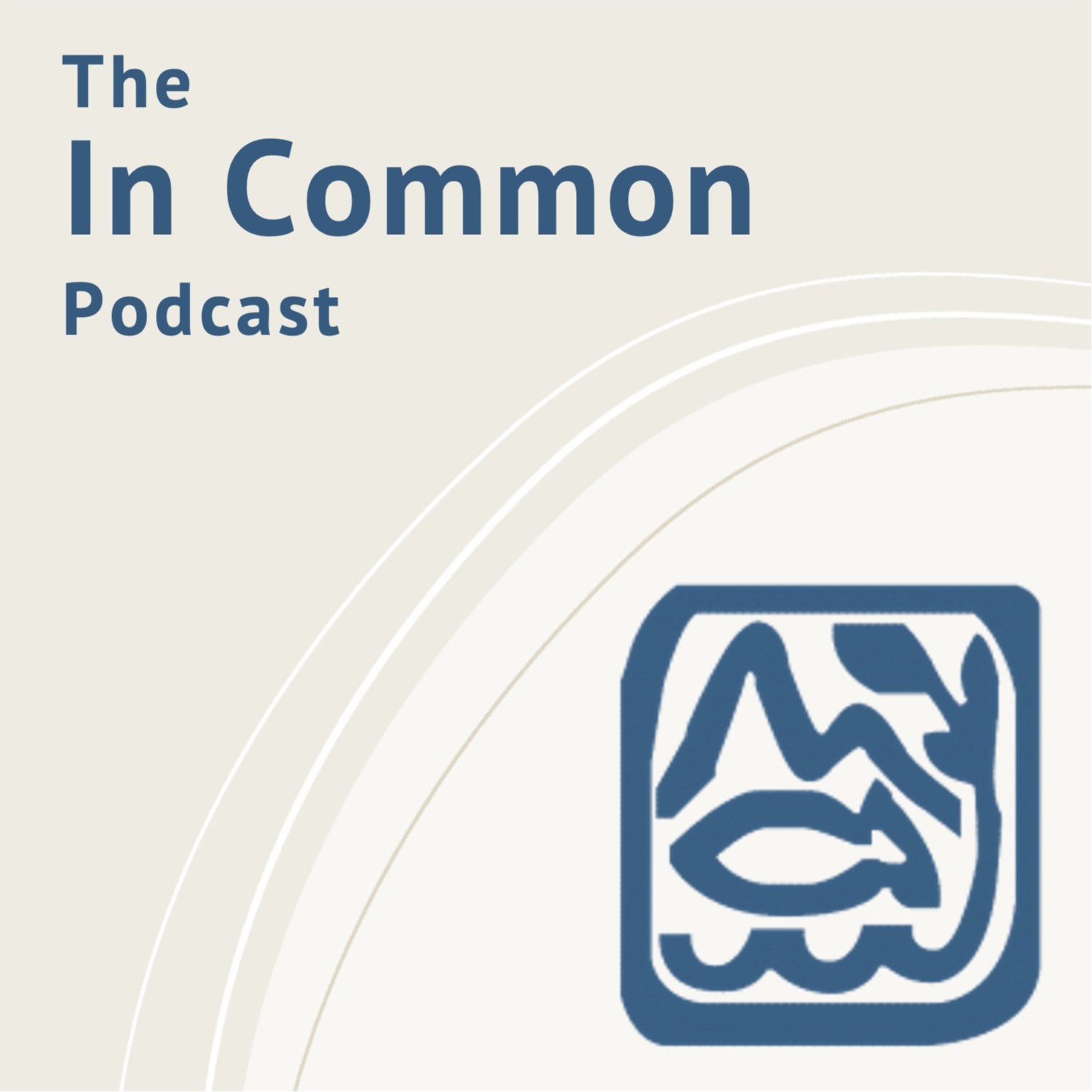
89.5K
Downloads
229
Episodes
In Common explores the connections between humans, their environment and each other through stories told by scholars and practitioners. In-depth interviews and methods webinars explore interdisciplinary and transdisciplinary work on commons governance, conservation and development, social-ecological resilience, and sustainability.
Episodes
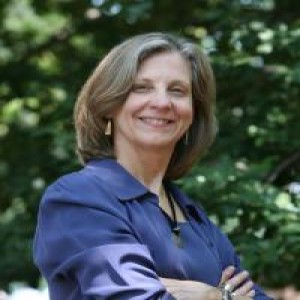
Sunday Oct 27, 2019
Sunday Oct 27, 2019
In this episode we spoke with Margaret Palmer. Dr. Palmer is a Distinguished University Professor at the University of Maryland, College Park, and the director of the National Socio-Environmental Synthesis Center (https://www.sesync.org/).
Much of our discussion focused on the inception and development of SESYNC over the past ten years. We dug a bit into the philosophies and practices at SESYNC, and the role that the science of teams plays in these. Additionally, we spoke about Dr. Palmer's fundamental work on stream ecology, how she came to be interested in this type of work, and how this led to an engagement with non-academic actors based on the challenges she observed in these systems.
Dr. Palmer's professional websites:
https://palmerlab.umd.edu/team/mpalmer/
https://www.sesync.org/users/mpalmer
Link to the video of Dr. Palmer on the Colbert Report that Michael mentions: http://www.cc.com/video-clips/6s93dq/the-colbert-report-coal-comfort---margaret-palmer
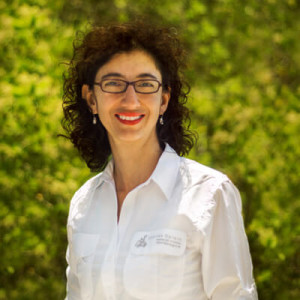
Monday Oct 21, 2019
Monday Oct 21, 2019
María José Barragán is the Science Director for the Charles Darwin Foundation on the Galapagos Islands, Ecuador. She oversees the organization's 20 marine and terrestrial research projects, and is helping to make many of them interdisciplinary and inclusive of local stakeholder needs and knowledge.
https://www.darwinfoundation.org/en/
María José received a PhD in Human Geography at Memorial University of Newfoundland in St. John’s, Canada. Her undergraduate degree was in the Biological Sciences at the Pontifical Catholic University, Ecuador, and Master’s degree from the Technical University of Munich, Germany (TUM) focusing on coastal marine ecosystems and marine protected areas (MPAs).
Her PhD research was inspired by the interactive governance framework, and was applied to better understand the governability of MPAs (with a case study developed in the Galapagos Marine Reserve). After graduation she collaborated with research clusters of the Too Big To Ignore (TBTI) Global Research Partnership for Small-Scale Fisheries Research, conducting research and publishing on small-scale fisheries. Later on, she had a postdoctoral research position at the “Development and Knowledge Sociology” Working Group at the Leibniz Centre for Tropical Marine Research (ZMT) in Bremen, Germany. During that time, she conceptualized and co-developed new research agendas, by integrating the development and knowledge sociology approach into small-scale fisheries sustainability, fishing communities’ viability, food security from the marine perspective and marine resource governance.
https://www.darwinfoundation.org/en/component/contact/contact/14-staff/118-maria-jose-barragan
Finding Sustainability Podcast
@find_sust_pod
https://twitter.com/find_sust_pod
Environmental Social Science Network
https://twitter.com/ESS_Network
@ESS_Network
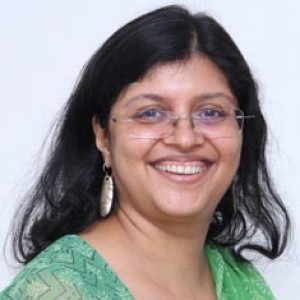
Monday Sep 23, 2019
Monday Sep 23, 2019
Harini Nagendra is a Professor of Sustainability at Azim Premji University. Her recent book "Nature in the City: Bengaluru in the Past, Present, and Future" (Oxford University Press India, 2016) examines the transformation of human-nature interactions in Bangalore from the 6th century CE to the present, addressing the implications of such change for the urban sustainability of fast-growing cities in the global South. The book was listed by the science journal Nature as one of the five best science picks of the week in its issue of July 28 2016.
https://azimpremjiuniversity.edu.in/SitePages/harini-nagendra.aspx
Nature in the City: Bengaluru in the Past, Present and Future
https://www.amazon.com/Nature-City-Bengaluru-Present-Future/dp/0199465924
Cities and Canopies: Trees in Indian Cities
Prof. Nagendra is an ecologist who uses methods from the natural and social sciences - satellite remote sensing, biodiversity studies, archival research, GIS, institutional analysis, and community interviews, to examine the sustainability of forests and cities in the global South. She completed her PhD from the Centre for Ecological Sciences in the Indian Institute of Science in 1998. Since then, she has conducted research and taught at multiple institutions, and was most recently a Hubert H Humphrey Distinguished Visiting Professor at Macalester College, Saint Paul, Minnesota in 2013. She is a recipient of numerous awards for her research, including a 2017 Web of Science 2017 India Research Excellence Award as the most cited Indian researcher in the category of Interdisciplinary Research; a 2013 Elinor Ostrom Senior Scholar award for her research and practice on issues of the urban commons, and a 2009 Cozzarelli Prize from the Proceedings of the National Academy of Sciences USA (with Elinor Ostrom).
Along with her two books, she has authored over 150 peer reviewed publications, including in journals such as Nature, Nature Sustainability and Science. She writes extensively on her research for the public via newspaper and magazine articles, science blogs, and has given a number of public talks for science communication. She also engages with international research on global environmental change, She is a Steering Committees member of the Future Earth Programme on Ecosystem Change and Society and a former Steering Committee Member of the Global Land Project, Diversitas and a Capacity Building Committee member of the Asia Pacific Network for Global Environmental Change. She has also been a Lead Author of the 5th IPCC Report - Working Group III.
Harini’s Google Scholar page
https://scholar.google.de/citations?user=GWyr-pgAAAAJ&hl=de&oi=ao
Link to her commentary piece in Nature 2018
https://www.nature.com/articles/d41586-018-05210-0
Link to her recent article in Nature Sustainability
https://www.nature.com/articles/s41893-018-0101-5?platform=hootsuite

Monday Sep 16, 2019
016: Resilience and indicators at the World Bank with Nate Engle
Monday Sep 16, 2019
Monday Sep 16, 2019
This week we spoke with Nate Engle, a Senior Climate Change Specialist with the World Bank's Water Global Practice. We discussed his time in graduate school at the University of Michigan, the value of a PhD, his experience on the Hill as a AAAS fellow, and his move to the World Bank where he now supports programs on adaptation and resilience.
Here is the paper that Nate mentioned co-authoring with Mike Schoon and Chanda meek:
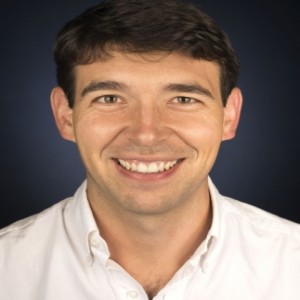
Monday Aug 26, 2019
015: Forest policy and governance with J.T. Erbaugh
Monday Aug 26, 2019
Monday Aug 26, 2019
J.T. Erbaugh is a postdoc in the EEES PhD program at Dartmouth (https://sites.dartmouth.edu/EEES/). We spoke about his PhD education with Arun Agrawal at the University of Michigan's School for Environment and Sustainability (https://seas.umich.edu/), his time in the field studying agroforestry in Indonesia when he got "hooked", and his subsequent research studying forest policy and governance as an interdisciplinary environmental social scientist!
JT's information:
Personal website: http://www.erbaughresearch.com/en/home/
Google scholar page: https://scholar.google.com/citations?user=r_ZTFYIAAAAJ&hl=en&oi=ao
Other stuff:
Here is the website for ICPSR, which both J.T. and Michael struggled to spell out: https://www.icpsr.umich.edu/icpsrweb/
Here is the website on registered reports that Michael mentioned: https://cos.io/rr/. You can hear more about these issues in our earlier interview with Neal Haddaway.
And finally, here is the full reference information for the article led by Oran Young:
Young, O.R., et al. 2006. A portfolio approach to analyzing complex human-environment interactions: Institutions and land change. Ecology and Society 11.

Monday Aug 19, 2019
Monday Aug 19, 2019
Kirsty Nash (@nasherk) is the founder of ‘aKIDemic Life’ (@akidemiclife), a platform providing resources empowering parents to navigate life and academia. Kirsty is passionate about developing aKIDemica Life, sparked by the help she received during her first year of motherhood. It was only due to the great help she received from both health professionals and colleagues that she got back on track and was able to return to research part time. aKIDemic Life is her way of paying forward the help she received at a very difficult time.
Kirsty is a Research Fellow at the Centre for Marine Socioecology in the Institute for Marine and Antarctic Studies in Tasmania, Australia. She is interested in the resilience of marine ecosystems and the functional and spatial ecology of fishes. Her research sits at the nexus between resilience theory and empiricism: she is particularly interested in testing the practical application of theory with empirical data and modelling.
https://www.utas.edu.au/profiles/staff/imas/kirsty-nash
https://scholar.google.de/citations?user=o479EwYAAAAJ&hl=en&oi=ao
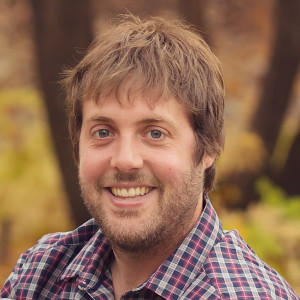
Monday Aug 12, 2019
Monday Aug 12, 2019
Jeremy Pittman is an Assistant Professor in the School of Planning at the University of Waterloo, Canada. Jeremy holds a Ph.D. in Social and Ecological Sustainability from the University of Waterloo, and an M.Sc. in Geography from the University of Regina. His research focuses on environmental policy, governance and social-ecological connectivity in rangelands, coastal areas and small-scale fisheries.
https://twitter.com/pittman17?lang=en
https://uwaterloo.ca/planning/people-profiles/jeremy-pittman
https://scholar.google.de/citations?user=eB55IYYAAAAJ&hl=en&oi=ao
In the podcast we discuss his work on Canadian rangelands, small-scale fisheries in Uruguay, organizing different academic tasks, challenges with research ethics such as site selection, giving back to communities, knowledge grabbing, open-access publishing, co-authorship and how to pick a journal. We also discuss strategies for how to read academic articles and time management with kids.
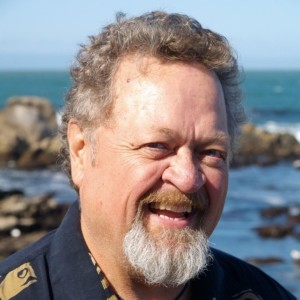
Thursday Aug 08, 2019
012: Ecology, marine conservation and interdisciplinarity with Larry Crowder
Thursday Aug 08, 2019
Thursday Aug 08, 2019
Larry Crowder is a professor of Biology and Marine Conservation at the Hopkins Marine Station at Stanford University. He is also a senior fellow at the Stanford Woods Institute of the Environment, and affiliated faculty at the Stanford Center for Ocean Solutions. During our discussion Larry described how he began his career in ecology, his seminal work on sea turtle ecology and conservation, and his subsequent transition to a more interdisciplinary space where he has studied multiple marine conservation issues such as fisheries bycatch and governance.
Faculty website: https://crowderlab.stanford.edu/
On Larry's lab website we found this blog on marine conservation: https://crowderlab.stanford.edu/mcb
Google scholar page: https://scholar.google.com/citations?user=Qjb5DnwAAAAJ&hl=en&oi=ao

Monday Aug 05, 2019
Monday Aug 05, 2019
Krister Andersson is a Professor of Political Science and Director of the Center of the Governance of Natural Resources at the University of Colorado at Boulder. Krister primarily studies forest governance and the effects of governmental reforms and local institutional arrangements on social and environmental outcomes. In our talk, Krister discusses his time at the Food and Agriculture Organization (FAO), his involvement in the International Forestry Resources and Institutions (IFRI) research program, learning from Lin Ostrom, and what we need to do to address scientific challenges in the future.
Faculty website: https://www.colorado.edu/polisci/people/faculty/krister-andersson
Google scholar page: https://scholar.google.com/citations?user=PJ2c5_kAAAAJ&hl=en&oi=ao
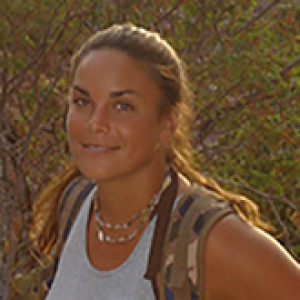
Monday Jul 29, 2019
Monday Jul 29, 2019
Elena Finkbeiner is the Fisheries Science Program Manager at Conservation International’s Center for Oceans. She wants to understand and improve adaptive capacity and equality within and across fishing communities and integrate a human rights-based approach to fisheries governance. She has over a decade of experience working in small-scale fisheries along the Baja Peninsula in Mexico. Elena holds a degree from UC Santa Cruz, a master’s degree from Duke University’s Nicholas School for the Environment and a PhD from Stanford University.
Conservation International is a non-governmental organization (NGO) with over 30 years of experience, with a mission statement to empower societies to responsibly and sustainably care for nature, our global biodiversity, for the well-being of humanity.
